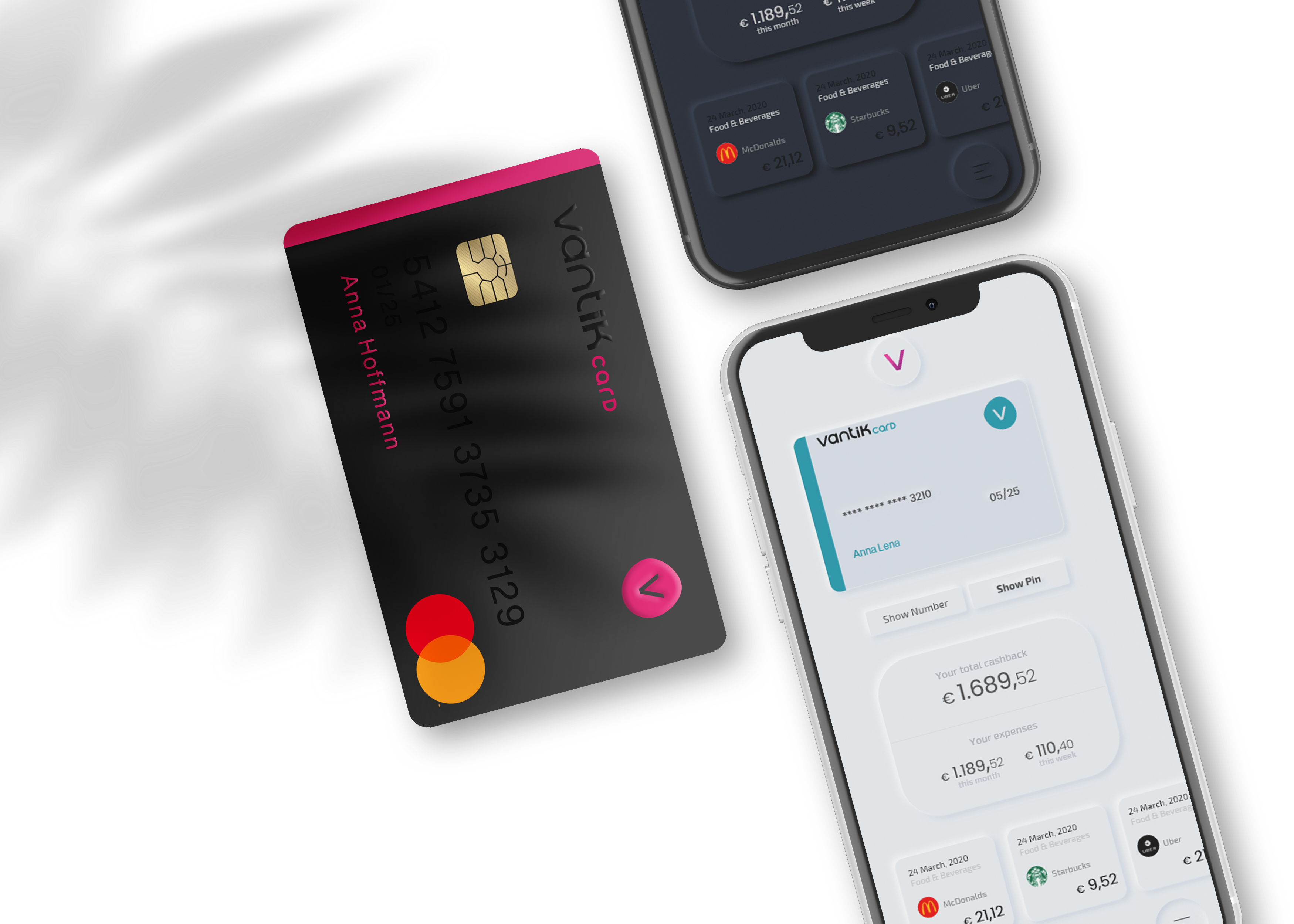UK businesses waste a huge amount of energy.
A recent report from the Green Alliance think tank says businesses across London, Manchester, Bristol, Leeds and Birmingham are wasting £60m worth of energy annually. Energy wasted by businesses in the City of London alone produces carbon emissions equivalent to 45k cars, and could power electricity in 65k houses.
Enter Surple, a Welsh startup that wants to help businesses reduce carbon emissions, energy use and utility bills by analysing office building data.
Sifted spoke to cofounder and CEO Peter Allan about the UK’s net zero emissions goal, and why Wales is perfectly placed for ambitious entrepreneurs.
Targeting net zero emissions
The average person spends just nine minutes a year thinking about their energy sources, according to a 2017 study, and that time is almost entirely spent on their personal utility bills rather than business.
“For businesses, energy efficiency has always been a difficult topic to engage with. It’s boring, time-consuming and complex,” says Allan.
However, the UK government’s commitment to achieving a carbon neutral economy by 2050 means that both businesses and energy suppliers are being encouraged to reevaluate how they use energy.
Allan and his team seized this opportunity, securing a funding round of £250k in December 2018 to build an automated energy analytics service that businesses could use to easily identify and reduce energy waste. While building the product, they noticed that energy suppliers struggled to retain business customers who frequently switched suppliers based on price, rather than quality or service. As a result, they adapted their route to market to partner with energy suppliers too.

“The smartest energy suppliers recognise the need to simplify energy data for customers so that they can help them achieve net zero. This means moving away from purely commodity supply models towards service-based business models,” says Allan. “We can make this really simple for suppliers through our software.”
For businesses, energy efficiency has always been a difficult topic to engage with. It’s boring, time-consuming and complex.
As clients faced prolonged office shutdowns during the pandemic, Surple again adapted its products.
Allan gives the example of their client, Celtic Manor Resort, which had to shut five hotels, eight restaurants, a convention centre and numerous other buildings. Pre-pandemic, Surple’s software helped the resort’s energy management team monitor daily energy usage.
When Celtic Manor Resort’s buildings shut to the public, Surple worked with the resort to record the energy consumption of each site in lockdown, creating a ‘baseload’ level of use. It then set alarms if these levels were exceeded, allowing an employee to find the source of the spike. He estimates Surple saved the hospitality provider more than 70% of its energy bills.
Welsh entrepreneurs
Allan and his cofounders set up Surple whilst on a 15-month startup programme at the Alacrity Foundation, an entrepreneur mentorship programme in Newport, and have called south Wales their home since. He champions the region’s connectivity and close-knit startup community, which met regularly prior to the pandemic.
“By train it takes 10 minutes to get to Cardiff, 50 to Swansea, 20 to Bristol and 90 to either Birmingham or London. You have some of the UK’s tech hubs right on your doorstep, which is very convenient,” he says.
Allan also cites Welsh humility as a key reason for wanting to stay in the region.
“Welsh entrepreneurs are generally less ego-driven. It’s not about being the loudest voice in the room, which makes a change from what I’ve seen in bigger cities. Here, it’s usually the most learned or qualified individual sharing expertise at meetups, which is hugely beneficial to other entrepreneurs in the audience,” he adds.
Welsh entrepreneurs are generally less ego-driven. It’s not about being the loudest voice in the room, which makes a change from what I’ve seen in bigger cities.
Surple’s green credentials have also been recognised externally. In 2019, it was named Green Startup of the Year at the Wales Startup Awards; was one of Tech Nation’s 2019 Rising Stars and is also part of Tech Nation’s inaugural Net Zero programme — which supports 30 of the UK’s most promising startups working towards net zero emission solutions.

On top of that, Surple joined Google for Startups’ 2020 UK Immersion programme, which Allan credits with helping drive better productivity in the business.
“One way Google for Startups helped us drive internal performance was by introducing us to the concept of OKRs (objectives and key results) in a team setting. Up until then, we had been fairly loose with our productivity and performance tracking. This has been essential while we’ve been working remotely,” he says.
The ultimate aim is to take Surple global, says Allan, and replicate the success of other Welsh startups such as insurance provider confused.com and fintech Delio.
“In the last year or two, I’ve seen more and more startups making the jump from small-time businesses doing well in Wales and the UK, to genuine industry leaders achieving global success,” he says.
In the last year or two, I’ve seen more and more startups making the jump from small-time businesses doing well in Wales and the UK, to genuine industry leaders achieving global success.
“There are also a lot of hugely successful business people from Wales spread across the globe who you can ask for advice. If you can tap into that willingness for Welsh startups to succeed, then I think you will do well.”
This is the fifth article in our ‘Local Heroes’ series, where we explore ecosystems and startup communities outside of London through the eyes of founders. You can read the previous article in our series here, which is about how Belfast’s Pitchbooking wants to become the Airbnb of sports facility booking.
Find out more about the Google for Startups UK Immersion programme and startups here.


